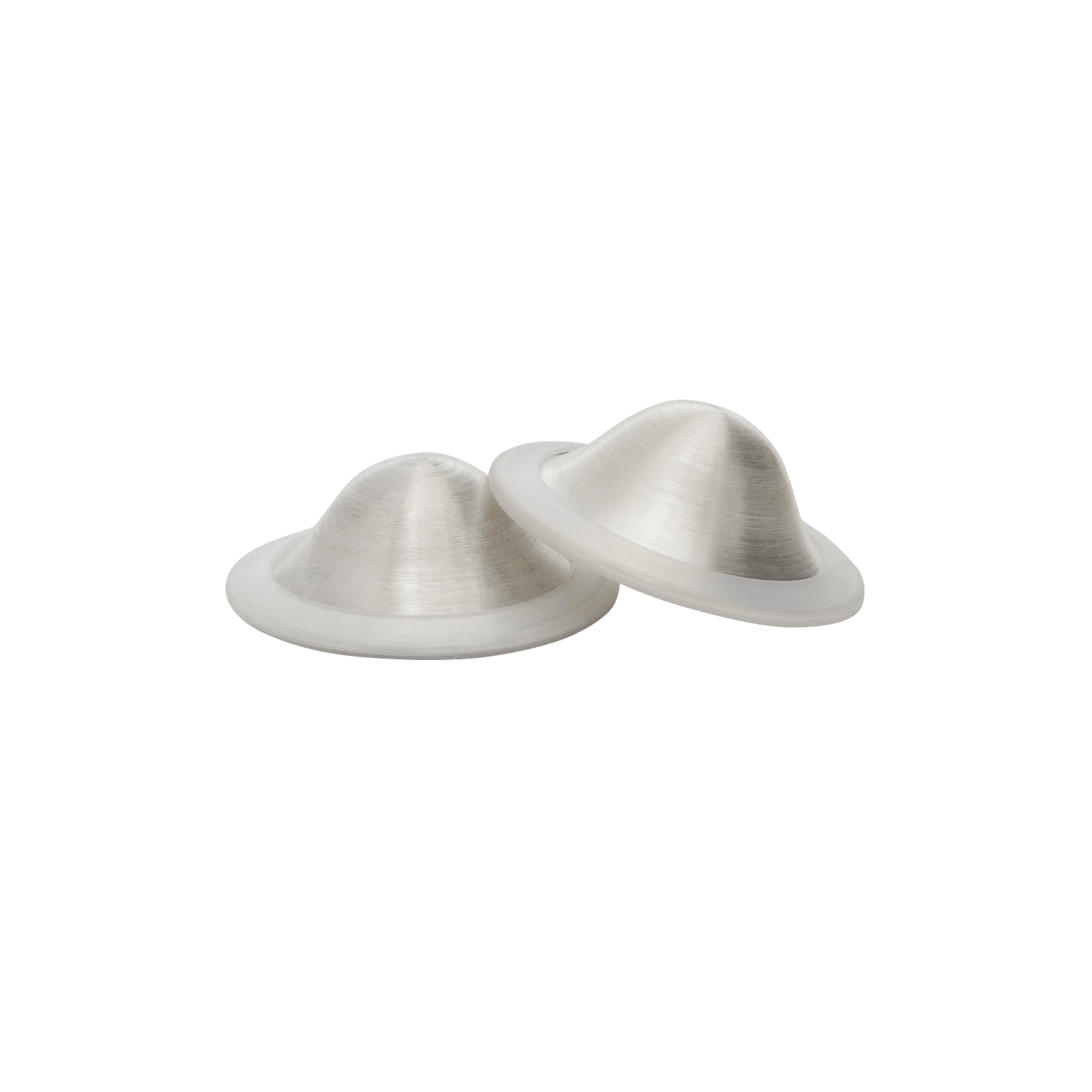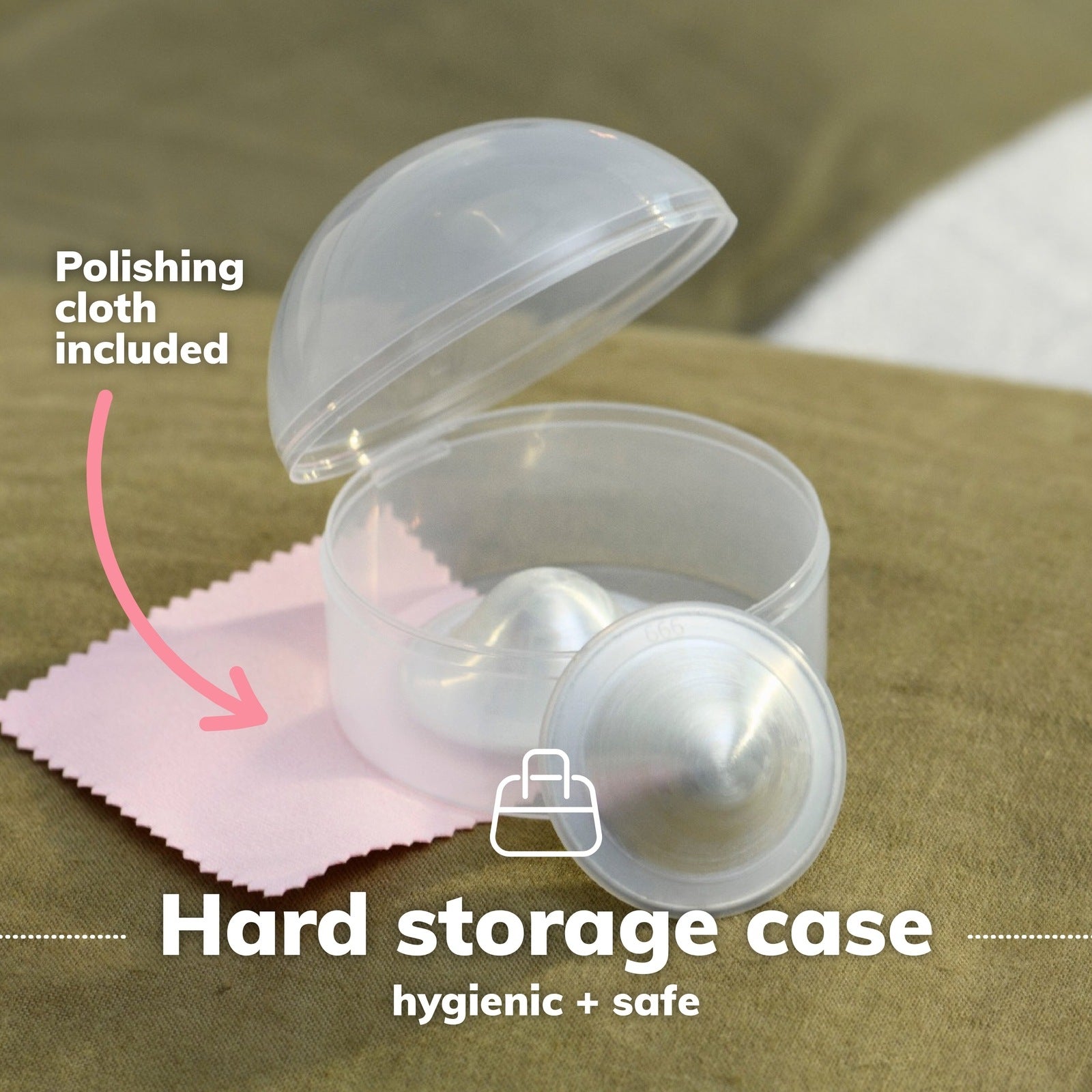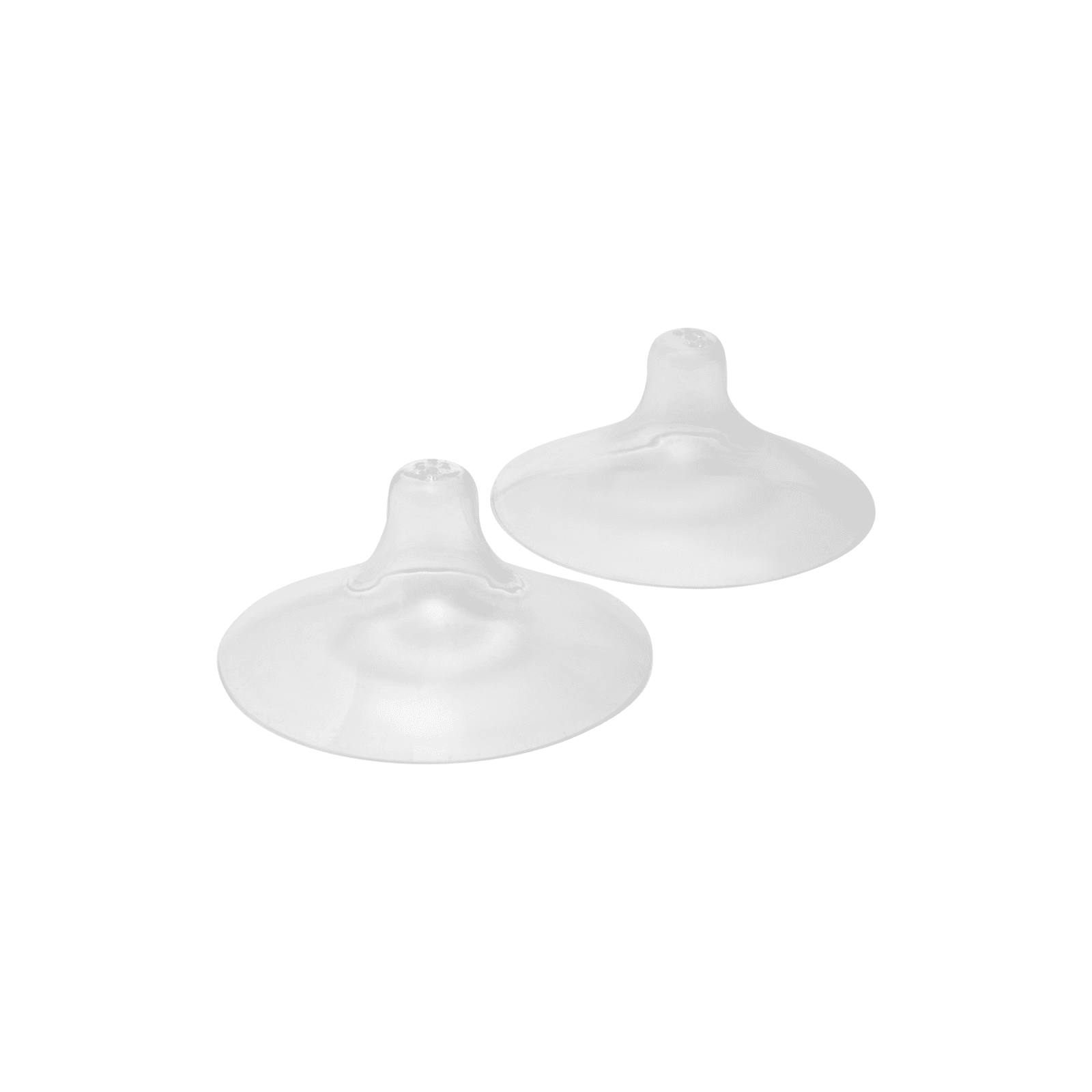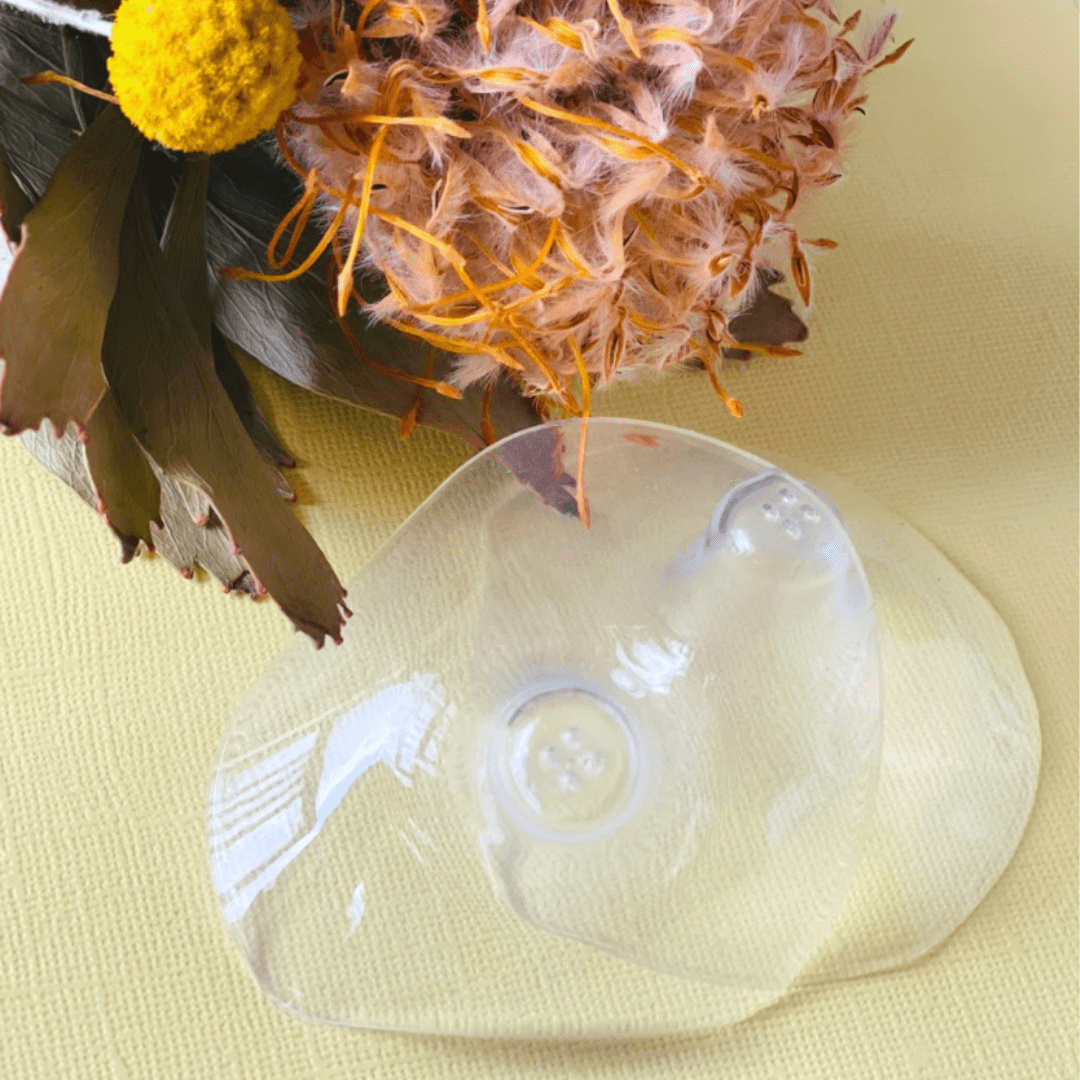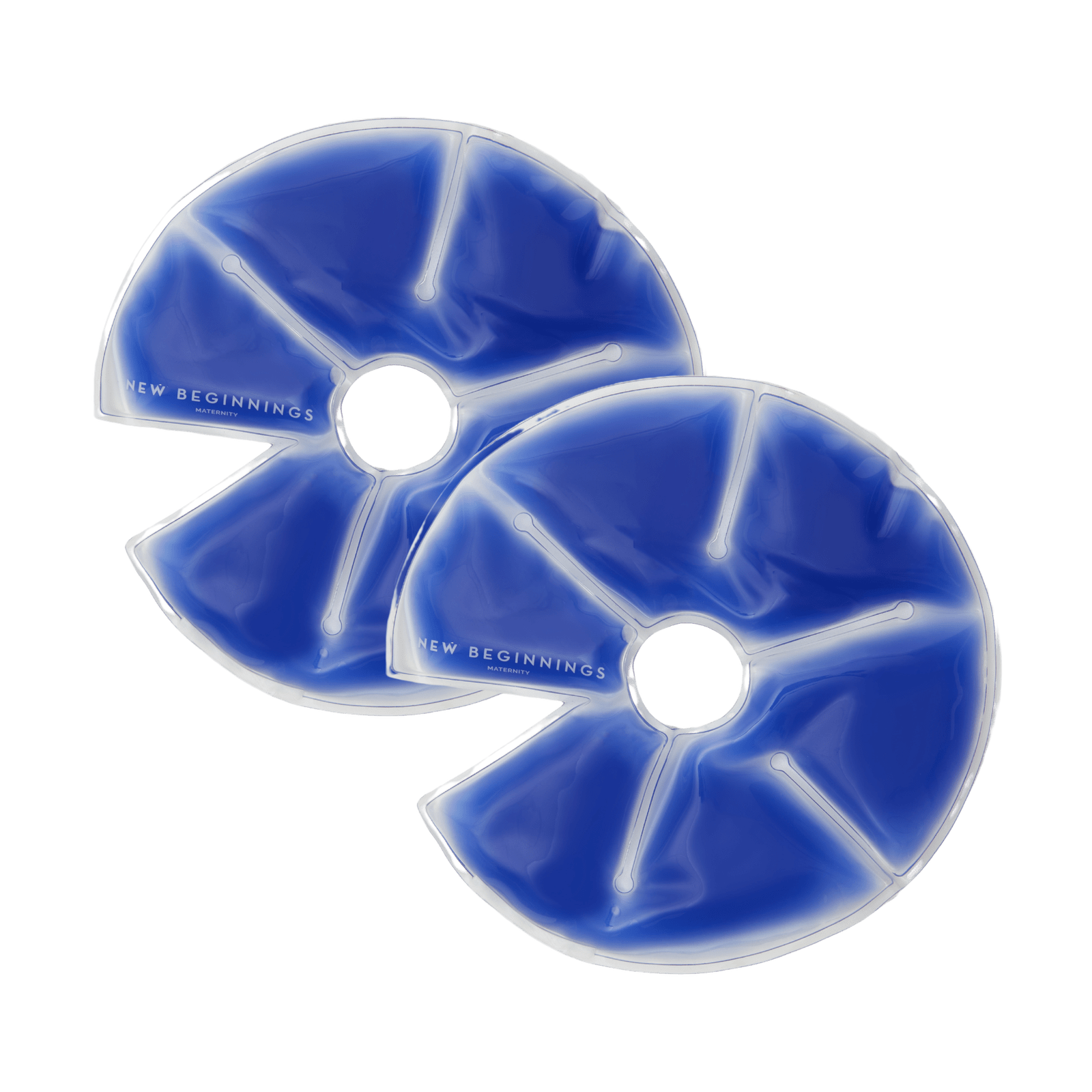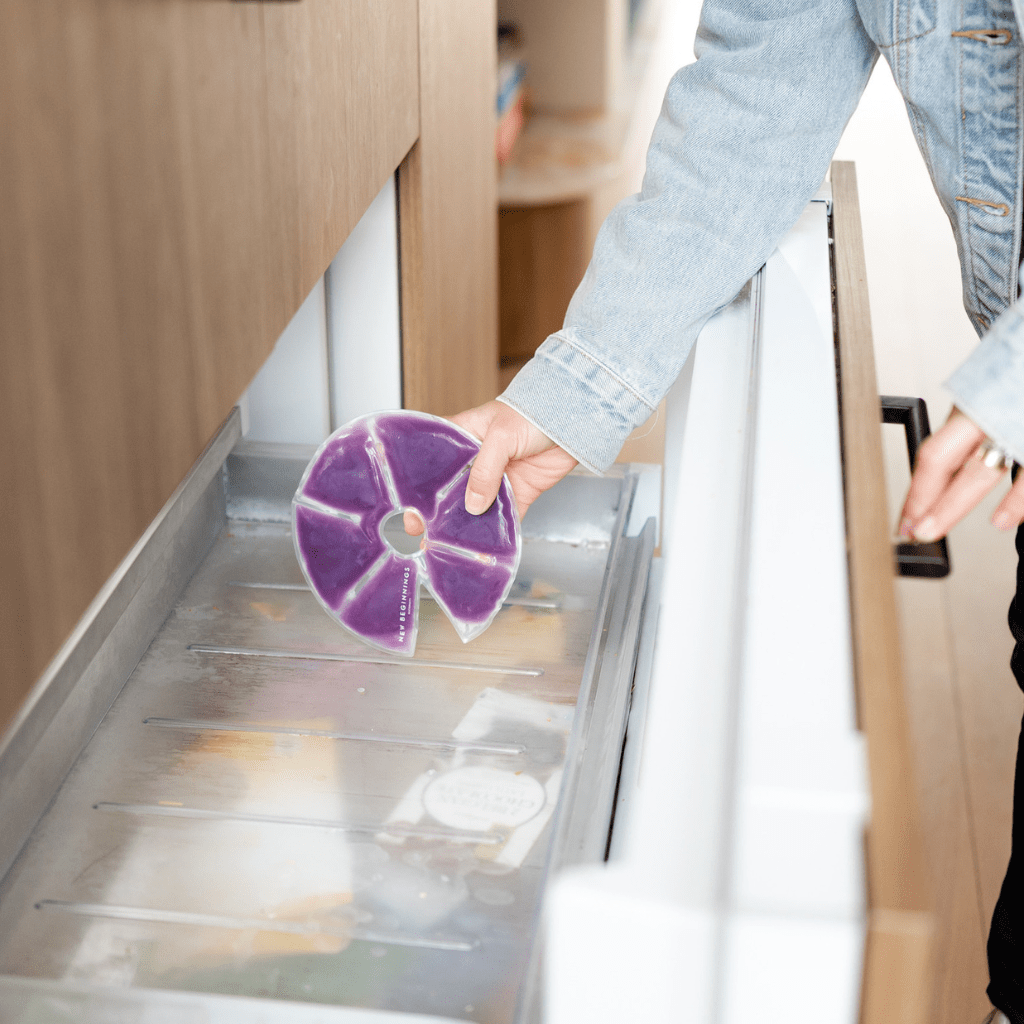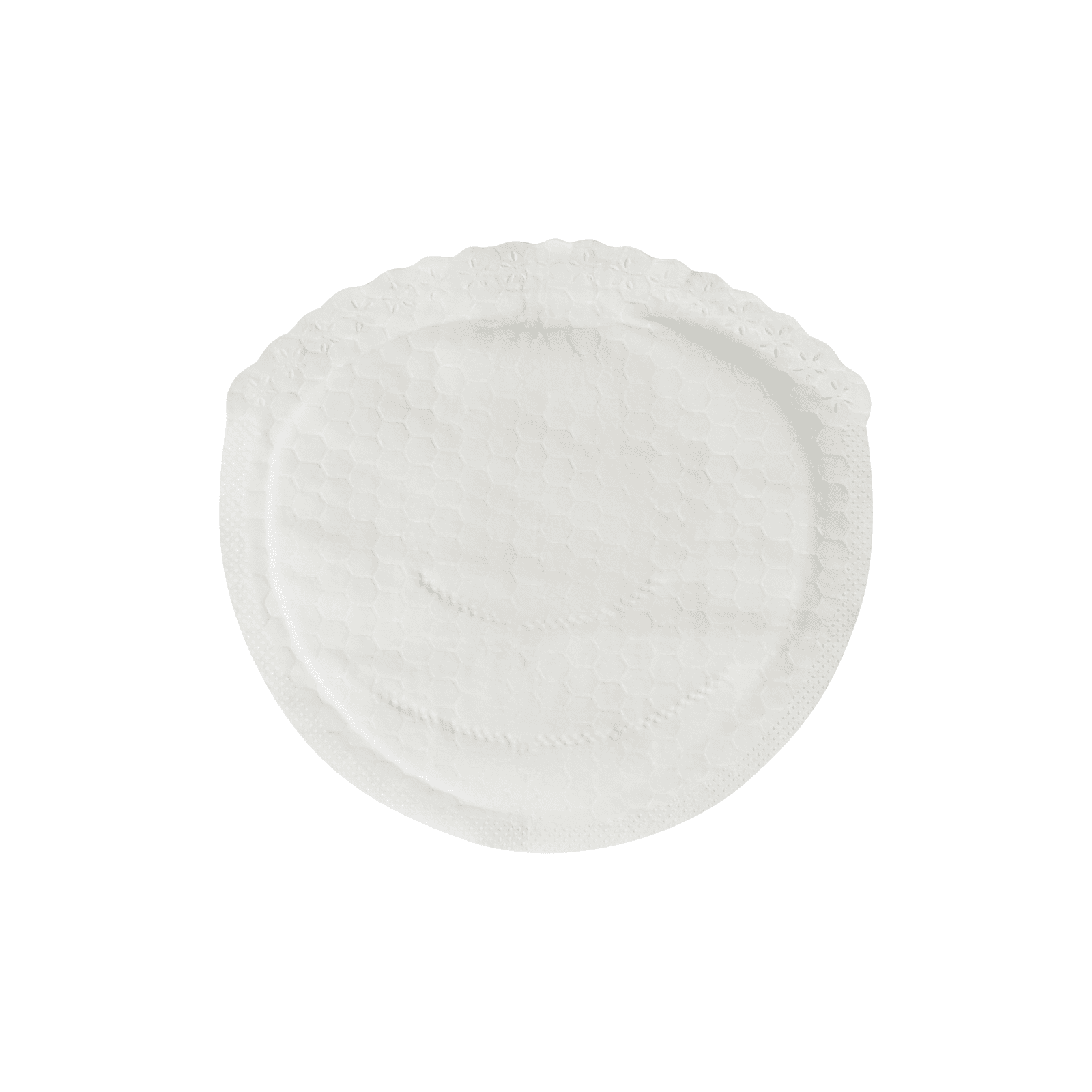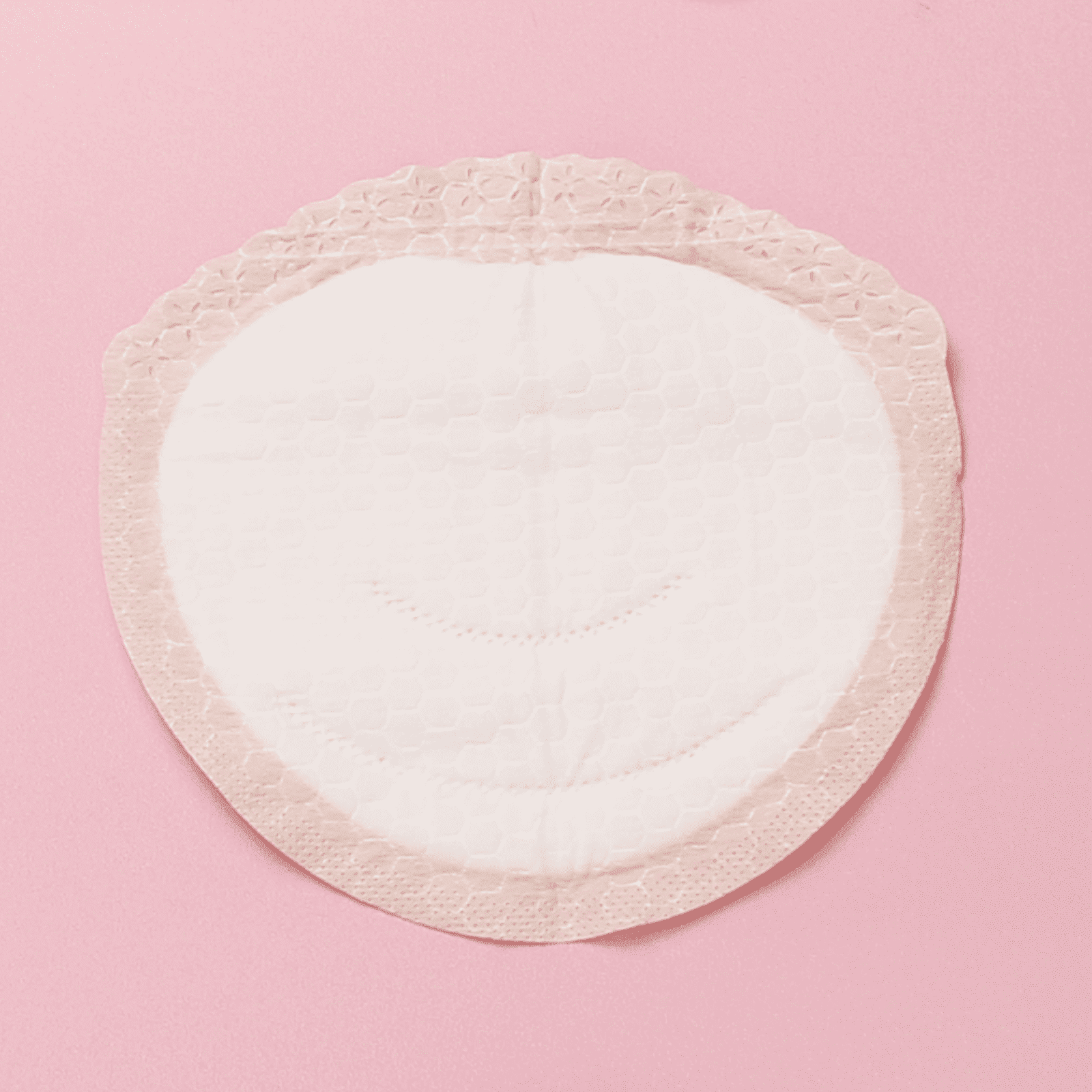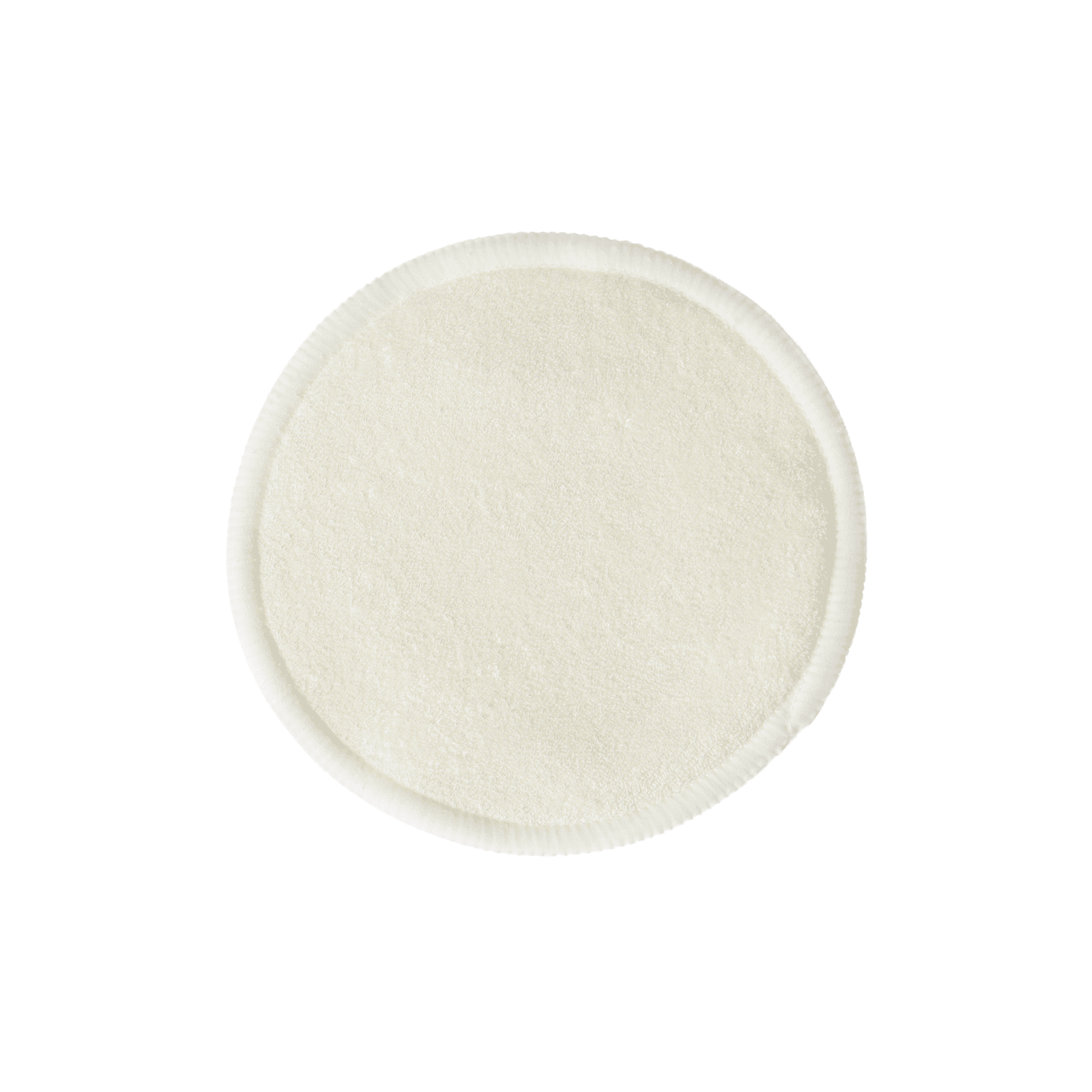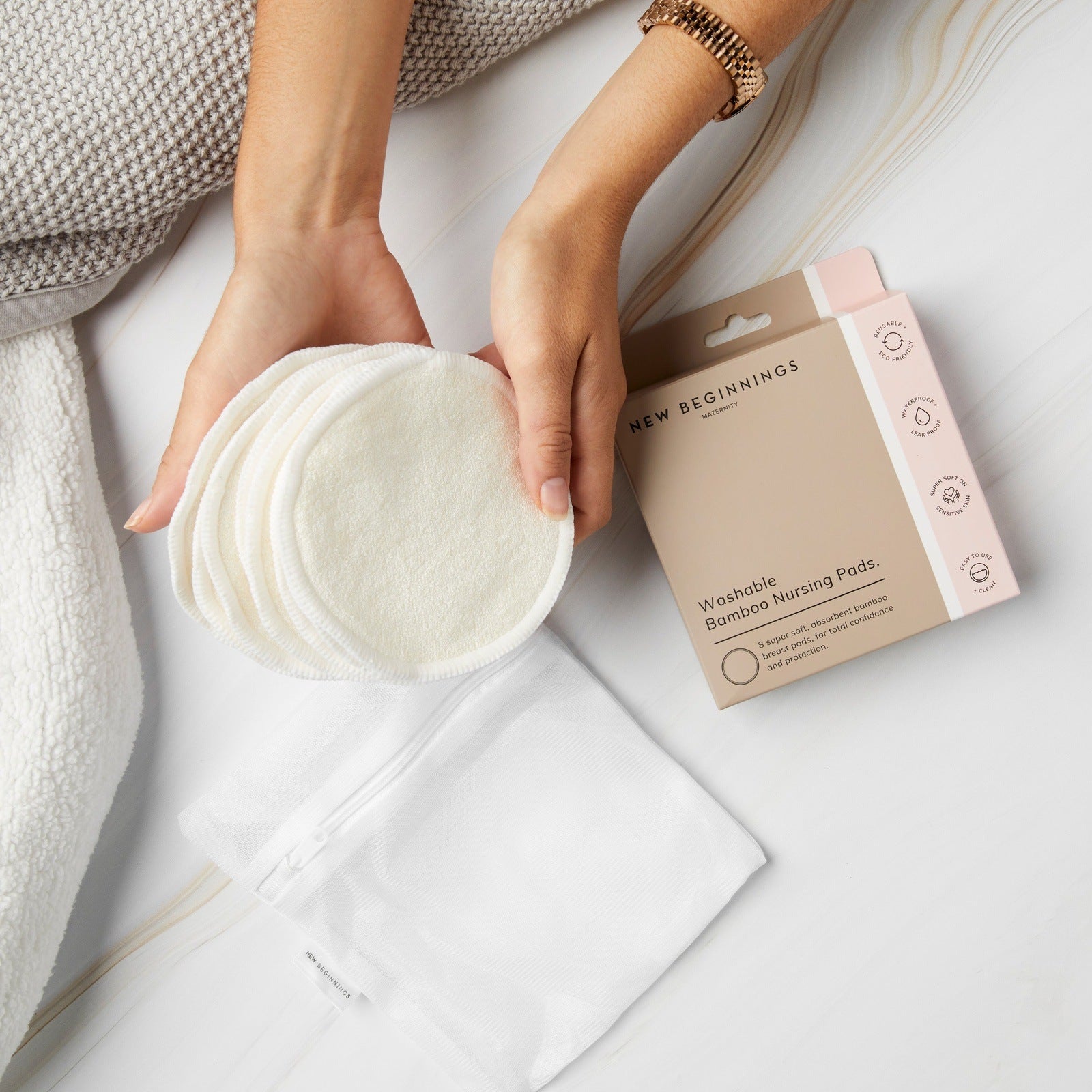Hey there, mumma! Let's talk about something that almost every new mum goes through: breast engorgement. It's totally normal, I promise. Think of it like your body's way of saying, "Hey, I've got a lot of milk for your little one!"
Why are my breasts so engorged and painful?
When your milk starts to come in, your breasts can feel like they're about to burst. That's because they're filled with milk, and your body is getting used to producing it all. It's like your body's saying, "I'm ready for action!"
How can I relieve breast engorgement and pain?
Here are a few things you can do to make yourself feel more comfortable:
- Feed your baby frequently: The more you feed your baby, the less milk you'll have in your breasts.
- Pump if you need to: If your baby isn't feeding as often as you'd like, pumping can help relieve engorgement.
- Take over-the-counter pain relief: If you're in a lot of pain, over-the-counter pain relievers can help.
- Wear a supportive bra: A good-fitting breastfeeding bra can help provide comfort and support.
- Apply warm or cold compresses: Warm compresses before feeding and cold compresses after can help soothe your breasts. Our Hot & Cold Breast Pads (video linked) or our Aqua Gel Breast Pads are a great option. We received a glowing review about our Aqua Gel Breast Pads from Lynda, who wrote:

How long does engorgement last?
Engorgement usually lasts a few days, but it can sometimes take longer. Just remember, it's very common and only temporary!
Can engorged breasts lead to mastitis?
If you don't treat engorgement properly, it can increase your risk of mastitis, creating painful breasts due to an infection. That's why it's important to feed your baby frequently, pump if needed, and care for yourself. For more information on breast engorgement and how it can lead to mastitis, have a read of our blog: How to avoid mastitis.
Additional Tips
- Don't skip feeds: Even if your breasts feel full, try to avoid skipping feeds. This can actually worsen engorgement.
- Relax and avoid stress: Stress can affect your milk supply and make engorgement more uncomfortable.
- Get enough rest: Your body needs rest to recover and produce milk.
- Eat a healthy diet: A balanced diet can help support your milk production and overall health.
- Take warm showers: Warm showers can help to relax your muscles and relieve discomfort.
- Avoid tight-fitting clothing: Tight-fitting clothing can restrict blood flow to your breasts and worsen engorgement.
- Use a breast pump that's right for you: A good-quality breast pump can help you express your milk effectively.
- Learn about different breastfeeding positions: Experimenting with varying breastfeeding positions can help you find one that's comfortable for you and your baby without creating breastfeeding pain.
- Avoid caffeine and alcohol: These substances can dehydrate you and make breast engorgement more uncomfortable.
- Consult your healthcare provider: If you're experiencing highly sore breasts, severe pain, fever, or other concerning symptoms, consult your healthcare provider.
Remember, you're not alone in this. Breast engorgement is a common postpartum experience. With a bit of patience and self-care, you'll get through it. And before you know it, you'll be a breastfeeding pro!

Understanding the Science Behind Breast Engorgement
Breast engorgement occurs when your breasts produce more milk than your baby can consume. This can lead to a buildup of milk in the breast ducts, causing them to become swollen and painful. While it can be uncomfortable, it's a natural part of breastfeeding.
Preventing Breast Engorgement
- Feed your baby on demand: This means feeding them whenever they're hungry rather than following a strict schedule.
- Empty your breasts completely: Ensure your baby is emptying your breasts during each feeding session.
- Pump if necessary: If your baby isn't feeding frequently enough, pumping can help prevent engorgement.
Seeking Support
If you're struggling with breast engorgement or other breastfeeding challenges, don't hesitate to reach out for support. Talking to other breastfeeding mothers, consulting with a lactation consultant, or joining a breastfeeding support group can provide valuable advice and encouragement.
Remember, you're not alone in this. Breast engorgement is a common postpartum experience. With a bit of patience and self-care, you'll get through it. And before you know it, you'll be a breastfeeding pro!




